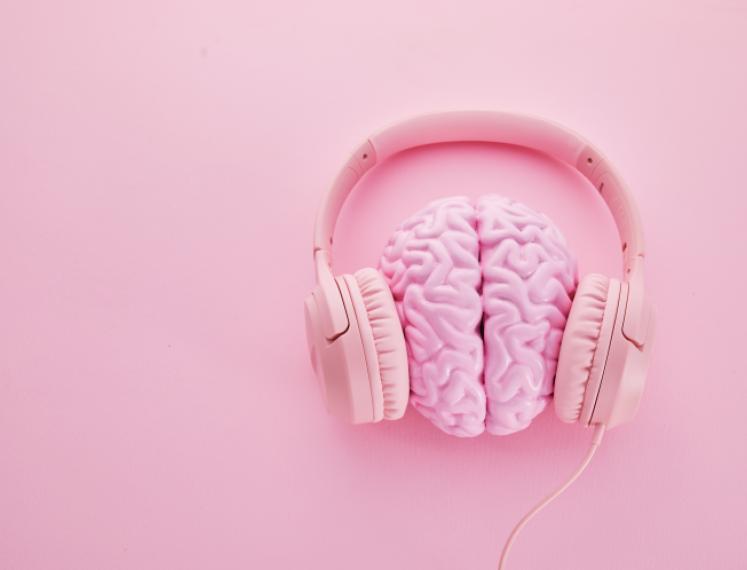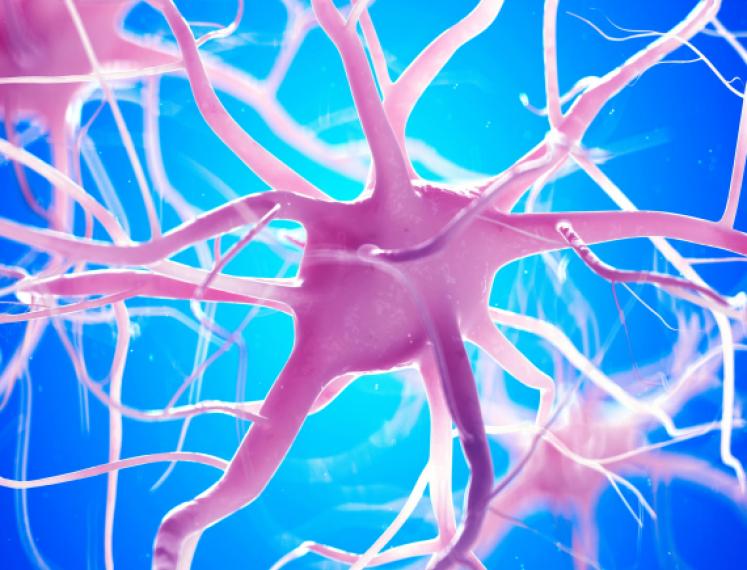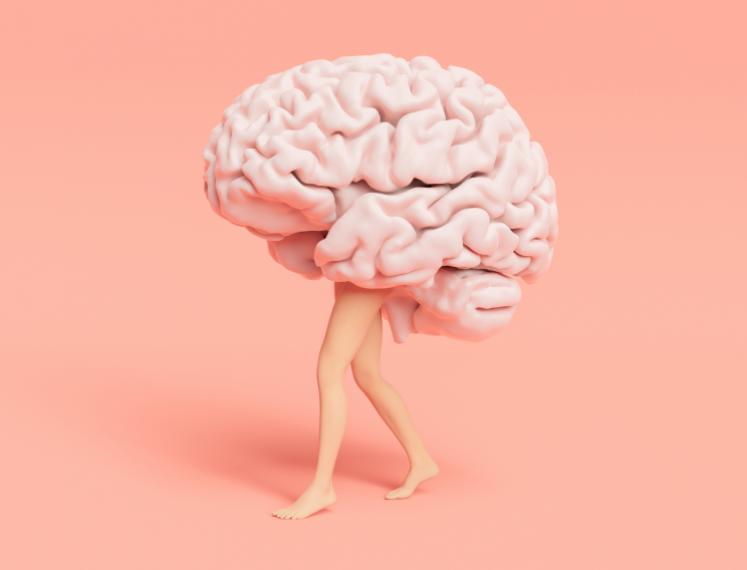
Aula, Academy Building
Netherlands
Sound for Brain Health
What happens in our brains when we hear a friend’s voice, a musical chord, or a sudden screech? Making sense of sound drives many of our brain’s core functions and profoundly shapes who we are as human beings. Our hearing brain is vast, engaging what we know, how we think, feel and move, and even how we combine information from our other senses. Making music and speaking more than one language build stronger and more flexible “sound” minds that last for decades. On the other hand, noise is a form of the pollution that disrupts this harmony and must be addressed to protect our health and wellbeing. Sound shapes our brains, for better and for worse, and our auditory minds connect us to the world around us. Through neuroscience, Nina Kraus shows how our experiences with sound impact our health, changing our brain and affecting our interactions with others.
Nina Kraus is Hugh Knowles Professor of Neurobiology, Communication Sciences, Otolaryngology, and Linguistics at Northwestern University, where she is also the director of the Auditory Neuroscience Lab “Brainvolts” and the Knowles Hearing Center. As an inventor, she has developed patented ways to measure the brain's response to complex sounds like speech, music and emotional calls with remarkable precision for both research and clinical applications. Her book Of Sound Mind: How Our Brain Constructs a Meaningful Sonic World (MIT Press, 2022) is her love letter to sound and shows how sound connects us, its biological impact on making us who we are, and how it affects the world in which we live.
This public lecture is organised in celebration of Nina Kraus receiving the Guyot Prize 2024. The Guyot Prize is the oldest scientific prize awarded by the University of Groningen. The prize is awarded for outstanding achievements in auditory science and otology.
Unfortunately, we have to cancel this event due to personal circumstances. If you've ordered tickets, you will receive an email notification.


